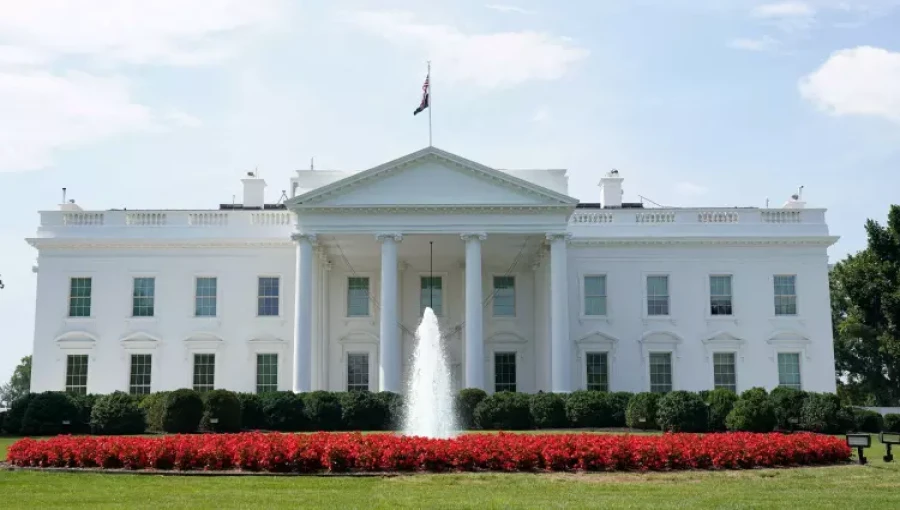
Photo: Online
The White House unveils its first-ever national strategy to combat Islamophobia, outlining over 100 steps to address hate, violence, and discrimination against Muslims and Arab Americans, with a focus on community outreach, law enforcement training, and accurate media representation.
Washington, Dec 14, (V7N) - On Thursday, the White House announced the first-ever national strategy to combat Islamophobia, presenting a comprehensive plan with over 100 actionable steps aimed at addressing hate, violence, bias, and discrimination targeting Muslims and Arab Americans.
The initiative mirrors a similar effort against antisemitism introduced by President Joe Biden in May 2023, as concerns about rising hatred and prejudice gripped U.S. Jewish communities. The new anti-Islamophobia strategy underscores the administration’s broader commitment to fostering an inclusive society and protecting vulnerable communities.
Key Features of the Plan
The strategy outlines specific measures to combat Islamophobia in various sectors, including education, law enforcement, and public discourse. Federal agencies will be tasked with:
Increasing community outreach and partnerships to address incidents of hate and discrimination.
Enhancing data collection and reporting mechanisms for hate crimes against Muslims.
Conducting sensitivity training for law enforcement and government employees.
Promoting accurate representations of Muslims and Arab Americans in media and public narratives.
The strategy also focuses on fostering greater understanding of Muslim contributions to American society and encouraging interfaith dialogues to counter prejudices.
Timing and Challenges Ahead
The release of this plan comes just five weeks before President Biden's term ends, raising questions about its implementation under the incoming administration of President-elect Donald Trump. Trump, who previously faced criticism for policies perceived as discriminatory toward Muslims, including the 2017 travel ban, has not yet commented on whether his administration will uphold or continue Biden's anti-Islamophobia initiatives.
Advocacy and Community Responses
Muslim and Arab American advocacy groups have long called for federal action to combat Islamophobia, particularly as hate crimes against these communities have increased in recent years. Advocates expressed cautious optimism about the new strategy, while emphasizing the need for its timely and thorough execution.
"Our communities have endured years of bias, violence, and systemic discrimination," said a representative of a national Muslim organization. "This strategy is a step in the right direction, but its success will depend on how seriously future administrations take these commitments."
A Broader Context of Inclusion
The national strategy to counter Islamophobia is part of a wider effort by the Biden administration to address racism, hate, and inequality across the country. Officials highlighted the importance of ensuring protections for all marginalized groups and fostering a society where diversity is celebrated.
As the strategy's future hangs in the balance, its success will depend on bipartisan commitment and ongoing advocacy to ensure that the fight against Islamophobia remains a national priority.
END/SMA/NYC/AJ/

Comment: